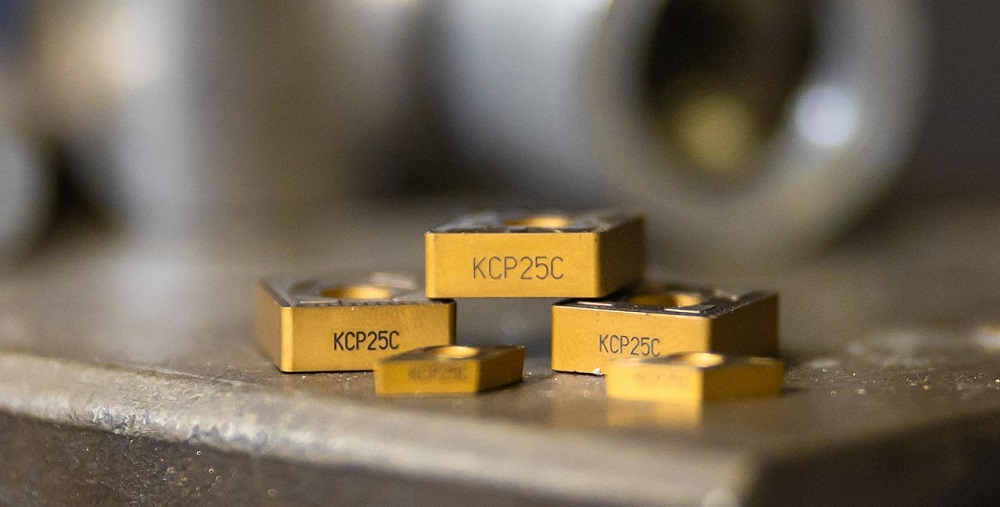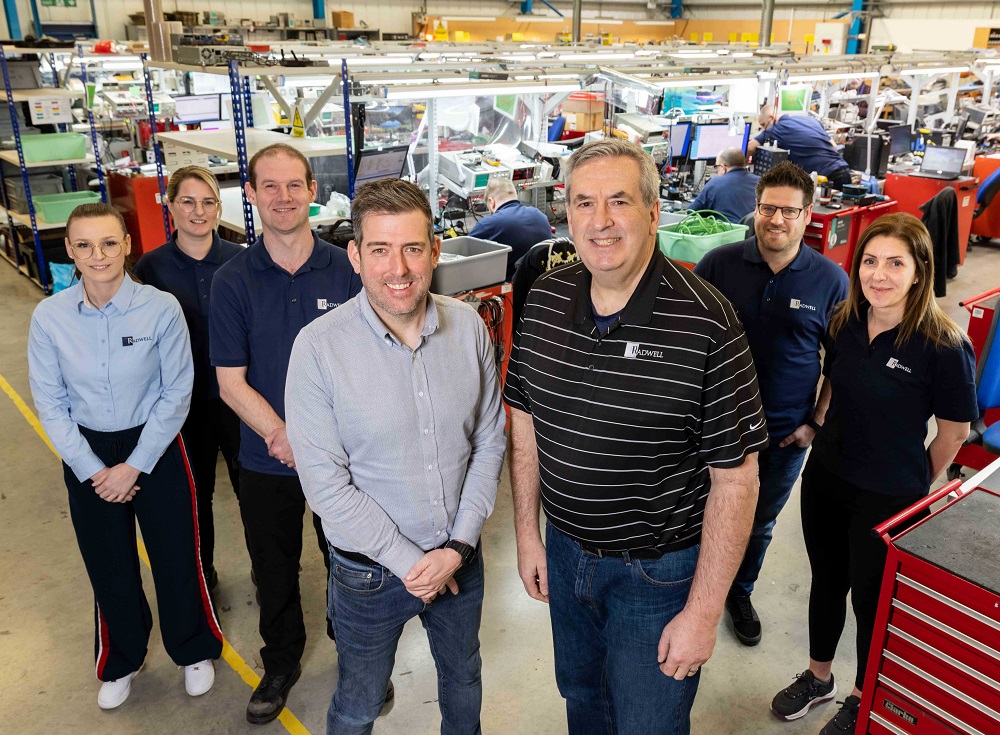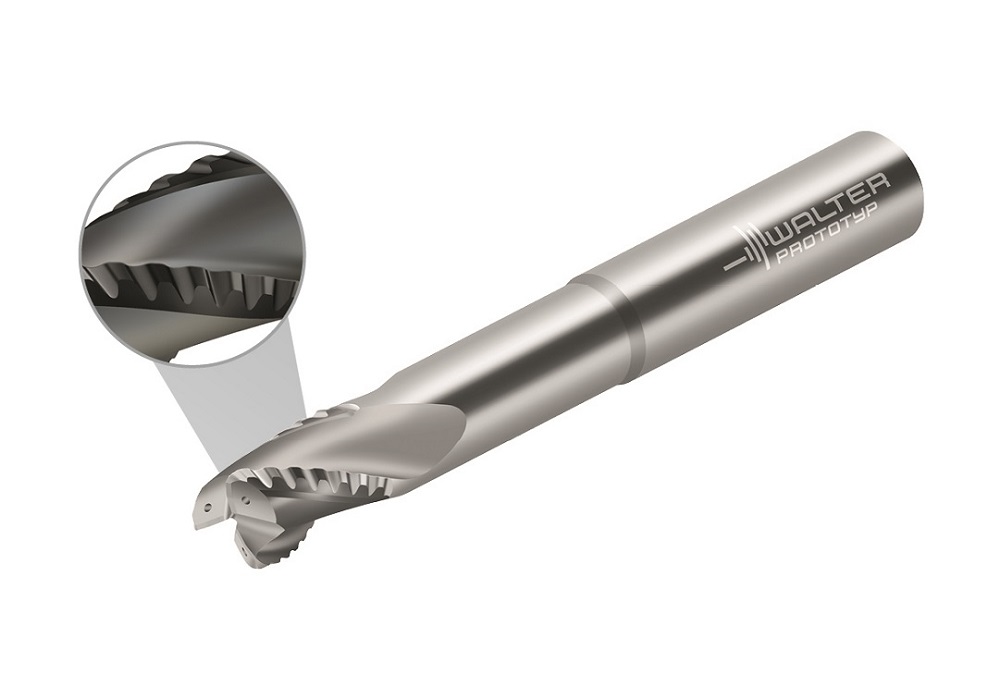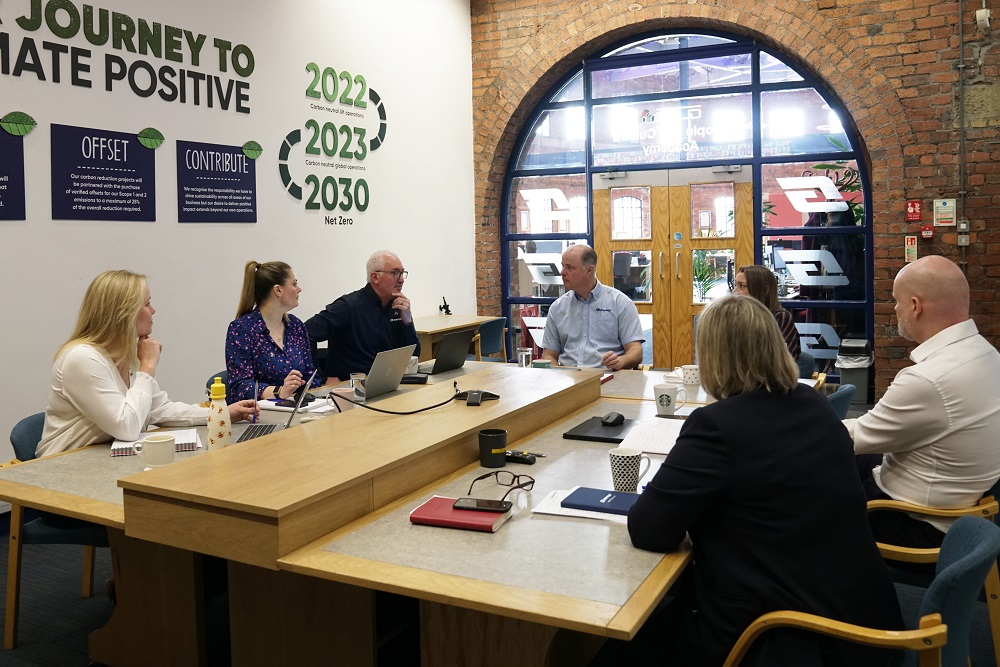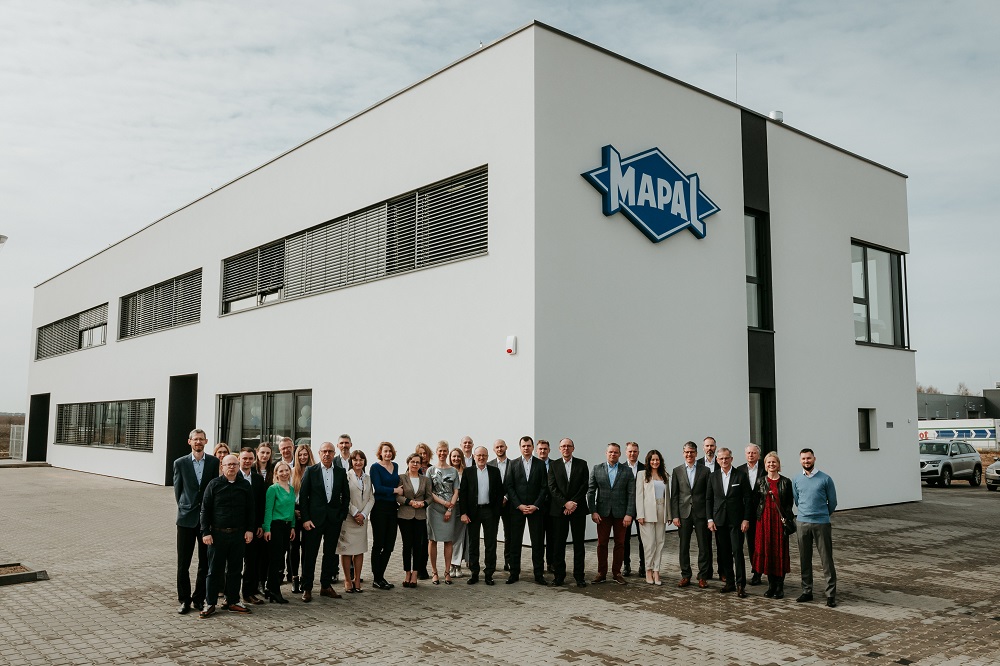Kennametal has introduced a higher performance turning grade with an advanced coating technology. KCP25C with KENGold is now the company’s first-choice offer for metal-cutting inserts with improved wear and higher metal removal rates in steelturning applications.
“Our high performance KCP25C grade inserts with KENGold coating technology sets a new standard for machinists working across a variety of steel turning applications,” saysvice president of global product management Scott Etling. “This gold standard turning insert delivers a one-two performance punch of higher metal removal rates and improved wear resistance, meaning our customers can machine longer and with greater productivity and efficiency than before. Additionally, the insert’s gold flank makes it easy to visually identify wear, maximise edge use and reduce waste.”
According to Kennametal, KCP25C is the company’s first-choice carbide grade for turning inserts in general purpose applications in a variety of steel materials and delivers consistent, repeatable performance. KENGold is a proprietary, multi-layer coating technology with enhanced pre- and post-coat processes that deliver an effective thermal barrier for greater resistance against crater wear, which is common in these types of machining applications.
KCP25C with KENGold is an example of how Kennametal’s global modernisation investments are enabling the company to innovate higher-performing products for customers. Kennametal uses next-generation CVD technology to produce the coating while advanced pressing and surface treatment technologies deliver tighter tolerance levels than ever before, resulting in a more consistent, reliable tool life.
Kennametal is releasing KCP25C with KENGold in the most common insert shapes and styles: C, D, S, T, V and W. Longer term, the company plans to expand on KCP25C with additional turning insert shapes and styles—all featuring the KENGold coating technology.
For further information www.kennametal.com






